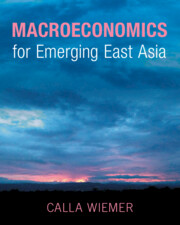Do fiscal stabilization policies affect the long-term growth of the economy? If so, are the long-term effects growth enhancing or growth reducing? When addressing these questions from a theoretical perspective, the literature has typically emphasized the importance of structural aspects such as the modeling approach of endogenous technological change while paying less attention to an elaborate design of the considered fiscal stabilization policies. This paper uses an agent-based macroeconomic model that generates endogenous business cycles to emphasize the role of the policy design for long-term growth effects of stabilization policies. By comparing a demand-oriented consumption policy and two different investment subsidizing policies, it can be shown that these policies are successful in smoothing the business cycle but differ in terms of their effects on economic long-term growth. This highlights the importance of policy design for the analysis of long-term effects of stabilization policies.
